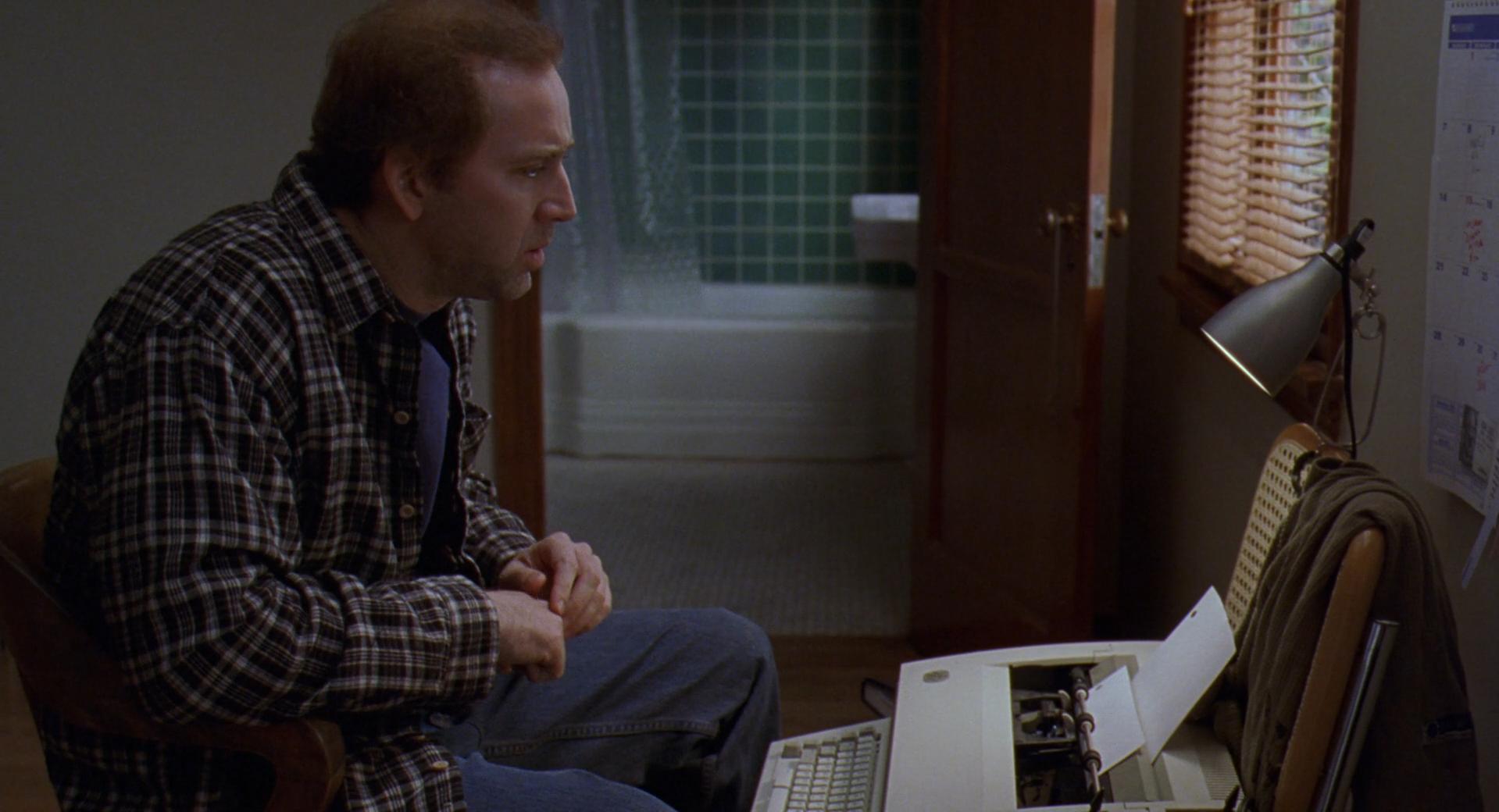While services like ScriptMother offer safe and proven ways to improve your screenplay, there are many screenwriting scams to watch out for. From fraudulent submission options to added fees, screenwriting scams prey not only on screenwriters’ wallets but also on their ideas. To protect yourself, your work, and your money, you need to be able to identify a few common scams.

Common Screenwriting Scams:
Added Editing Fees
While legitimate screenwriting competitions will charge a one-time fee to enter the contest, some will offer additional editing services for a hefty fee. Unfortunately, young writers looking for feedback will fall for this trick and end up paying double the entry fee for sub-par notes. Often, these competition editors already have their minds made up when reading the script, so the feedback is highly repetitive rather than personal or curated. Be especially wary of screenwriting competitions that don’t list the judges, and always do your homework. If the judges are listed, research them on IMDb to view their credentials. Transparency is a critical feature of screenwriting competitions, so if you can't tell who's organizing the contest, then steer clear.
There is a safe way to get your scripts peer-reviewed by other writers for free. ScriptMother is a script-sharing platform that offers FREE peer reviews from thousands of screenwriters across the globe. ScriptMother’s feedback is highly personalized and exceeds the quality you can expect from a paid industry professional. In addition, you can get peer-reviewed within a week of submitting your script, meaning you don’t have to wait for a competition.
Working for “Experience” Rather than Money
Screenwriting scams often prompt you to work for free. Offering “experience” rather than payment is one of the telltale signs of a scam. A legitimate and well-funded production company will always pay you for your work, so if a sketchy studio requests your services for free, know they’re not legit. If they don’t have the funds to pay you on the front-end, they don’t have the money to get your movie made later. And because the primary purpose of screenwriting is to make a movie or make money, working for free won’t help you meet your goals.
Additionally, be extremely wary of “free options.” When a production entity is optioning your script, they have the right to shop your script around to studios, investors, and other interested parties. Screenplay options are often exclusive, meaning the producer controls your screenplay and you don’t. While this is not an issue if you are paid for the option, “free options” take away your agency without compensation. Steer clear of these screenwriting scams.
Paying Out-of-Pocket for an Agent
While legitimate agents and managers work on commission, taking a fixed percentage of scripts sold, predatory agents often ask you to pay in advance for their services. Shifty managers may also request a “reading fee” to read your screenplay or require a retainer for their services. These agents are not legit and will do nothing but drain your bank account.
Signing Away Your Rights
Once you write a strong script and sell it to a production company, the studio will acquire the majority of the rights to your script. However, the Writers Guild of America (WGA) contract signed by all production companies and studios reserves a few significant rights for screenwriters post-sale. These include publication rights, final film credits, residual payments, rights to both credit and payment for potential sequels, and the right to petition for ownership if the script is never produced. These rights are not only essential but also valuable, ensuring that production entities properly compensate you for your labor. Unfortunately, however, some non-union studios pressure writers to concede all rights to a script as a condition of sale. And sometimes, studios will require you to sign away these rights just for submission. Steer clear of screenwriting scams like this one, and know your rights. This will protect your bank account and your intellectual property.
Low-Effort Programs that Guarantee Success
Screenwriting isn’t easy, and any service that claims you can write an award-winning screenplay in under a week is selling false hope. Promises of shortcuts like ten-step writing formulas rarely work. Only hard work and perseverance will get you to the top. To write a successful script, you need to work on the front end. So be prepared to write, rewrite, and rewrite again. And above all, be ready to edit.
That’s where ScriptMother comes in - our peer-review editing process gives your screenplays high-quality feedback every time. With our unique format, you’ll submit your work before you begin editing other users’ screenplays. The more scripts you review, the higher you rank and the more edits you’ll receive. So not only are you receiving thoughtful feedback, but you’re joining an interactive writing community, all for free!
Improve Your Script the Safer Way with ScriptMother
Screenwriting scams are far too common, cheating hardworking writers out of their script ideas and money. Added editing fees, “free” options, predatory agents, non-union studios, and phony success regimens are all red flags that signify screenwriting scams at work. Reputable producers and legitimate studios with the funds to produce your movie are eager to pay you for your hard work, so be extremely wary of “free” programs and lowball options. Those studios likely don’t have the money to get your movie made in the first place.
The best way to the top is hard work, perseverance, and feedback from fellow screenwriters. For a better chance at improving your screenwriting, contact ScriptMother today! We offer effective feedback and a supportive writing community at no cost to you. A transparent and beneficial alternative to screenwriting scams, ScriptMother connects you to other experts dedicated to helping you become a more proficient screenwriter without the predatory fees and red tape. Improve your script the safer way by joining ScriptMother’s online community.







Add Comment
Comments